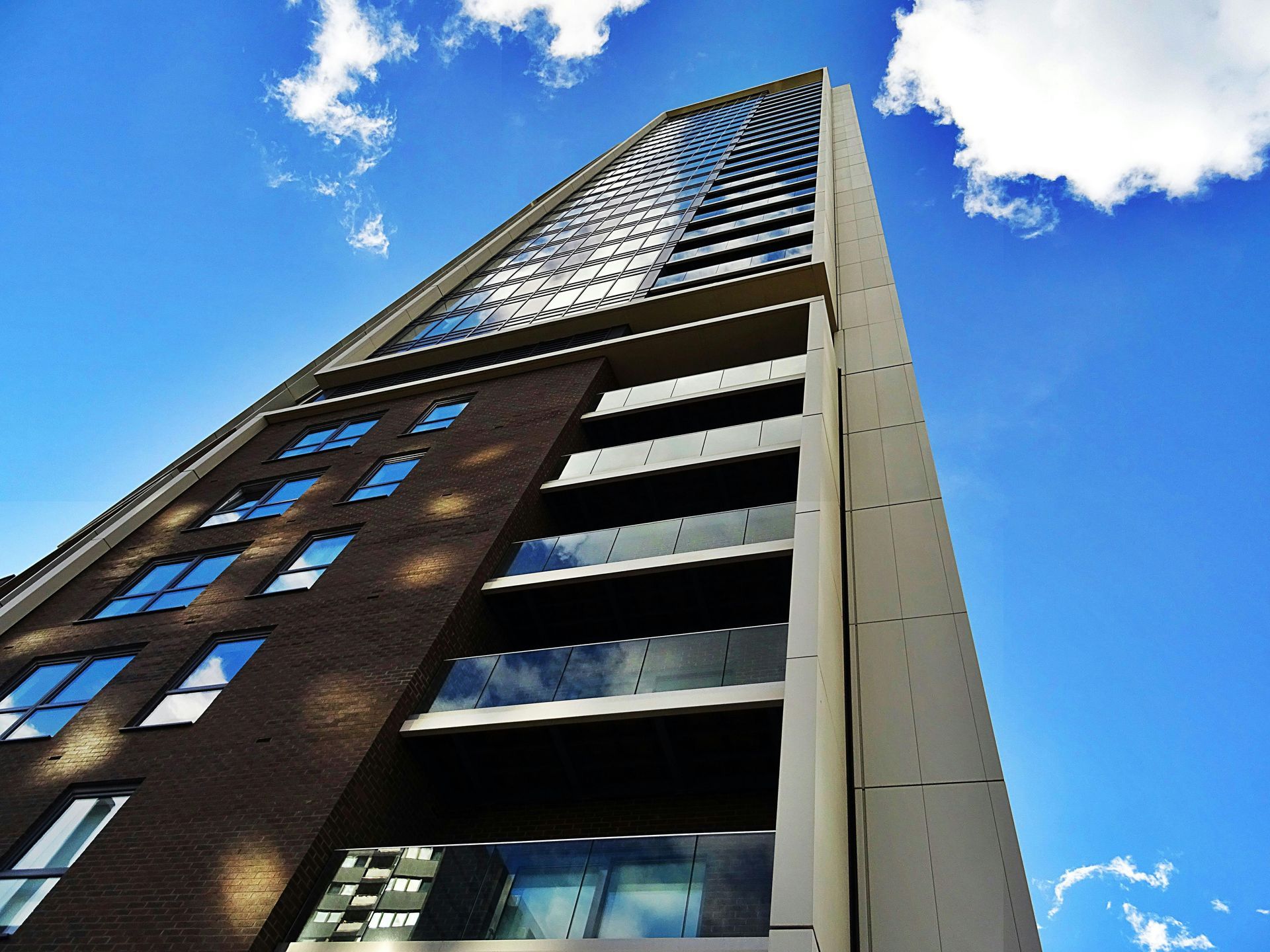Tips For Negotiating a Favorable CRE Lease
Negotiating a commercial real estate lease can be a complex and crucial process, whether you're a business owner searching for a new location or a landlord seeking to secure a tenant.

The terms of the lease can significantly impact your bottom line and the success of your business.
Start Early and Do Your Homework
Negotiating a CRE lease is not
something to rush into. Begin your search and negotiation process well in advance of your desired move-in date. Research the local market to understand current rental rates, vacancy rates, and trends. Knowledge is power in negotiations.
Clearly Define Your Requirements
Before entering negotiations, have a clear understanding of your space requirements. Determine the size, layout, and any specific features your business needs. Knowing exactly what you want will help you negotiate more effectively.
Consider Lease Length and Flexibility
Evaluate the length of the lease term carefully. Longer leases often come with more favorable rental rates, but they also entail a longer commitment. Negotiate lease terms that align with your business's growth projections and flexibility needs.
Seek Professional Representation
Consider enlisting the services of a qualified tenant representative or broker. They have expertise in CRE leasing and can negotiate on your behalf, helping you secure a more favorable lease. Their knowledge of local markets can be invaluable.
Negotiate Rental Rates
Rental rates are a central focus in lease negotiations. Understand how rental rates are calculated (e.g., square footage, annual increases) and negotiate for the best possible terms. Consider seeking competitive bids from multiple properties to leverage in negotiations.
Review and Negotiate Operating Costs
Examine the allocation of operating costs, often referred to as common area maintenance (CAM) charges. Ensure that these costs are fair and transparent, and negotiate a cap to prevent unexpected increases.
Understand Build-Out and Tenant Improvements
If the space requires specific build-out or tenant improvements to meet your needs, negotiate who will cover these costs, the scope of work, and the timeline for completion. Be clear about any tenant improvement allowances.
Examine Lease Clauses
Carefully review all lease clauses, including those related to maintenance, repairs, and alterations. Pay special attention to clauses that may impact your ability to operate or expand your business.
Address Renewal and Termination Options
Consider including renewal and termination options in your lease. Renewal options give you the right to extend the lease under agreed-upon terms, while termination options provide an exit strategy if circumstances change.
Negotiate Tenant Rights and Responsibilities
Clearly outline tenant rights and responsibilities in the lease agreement. This includes matters related to signage, parking, access, and compliance with local zoning regulations.
Seek Legal Counsel
Engage an attorney experienced in CRE lease negotiations to review and advise on the lease agreement. Legal counsel can help protect your interests and ensure the terms align with your objectives.
Plan for Contingencies
Always have contingency plans in place. Understand your options if your business experiences unexpected challenges or if the leased space no longer meets your needs.
Negotiating a favorable CRE lease requires careful preparation, research, and attention to detail. By understanding your requirements, seeking professional guidance, and conducting thorough negotiations, you can secure a lease agreement that benefits your business or investment. Remember that lease terms can significantly impact your financial stability and business operations, so approach negotiations with diligence and a commitment to achieving your goals.











